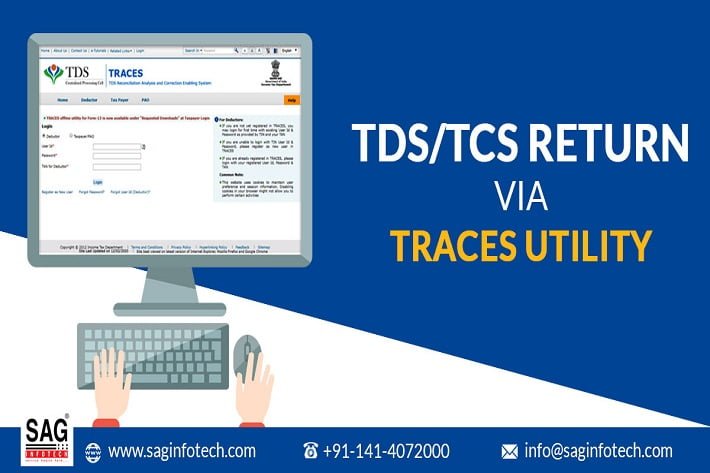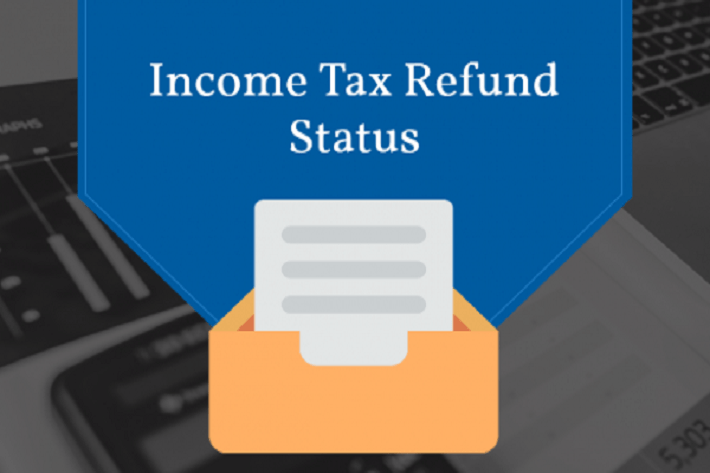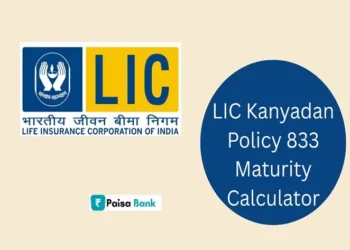NPS is a retirement saving scheme run by the Government of India, where the investors can contribute to long-term investment and attain financial security post-retirement. As the new tax regime is introduced with lower slab rates and removing most of the traditional deductions, taxpayers are worried about saving income tax under this new structure. The national pension system still offers NPS Tax Benefits, especially through employer contributions. Let’s learn more about the ways to save tax under NPS.
What is the New Tax Regime?
The new tax regime provides concessional tax rates but removes various exemptions and deductions. It was introduced under section 115BAC of the Income Tax Act. The removed exemptions and deductions include:
- Standard deduction
- Section 80C (ELSS, PPF, LIC, etc)
- Section 80D (Health Insurance)
- Section 80CCD (1B) (NPS self-contribution)
The new tax regime still allows some deductions such as employer’s contribution to NPS under section 80CCD(2).
NPS Tax Benefits
The tax benefits under NPS are:
- The employer contribution to NPS comes under tax deductible under section 80CCD(2).
- Up to 14% of salary (Basic + DA) limit is set for the private and government sectors from the financial year 2025-26.
- Self- contribution is not included in tax benefits under the new regime.
- 60% of the NPS corpus is tax-free at retirement.
- The other 40% should be used for purchasing annuity, which will be taxed according to your income slab.
- NPS offers EEE status – Exempt at investment, growth, and partial withdrawal.
How to Save Tax under NPS?
Tax savings under NPS are possible by following strategies:
1. Negotiate Employer Contribution
In case your employer is offering NPS as part of your salary structure, you can request them to contribute up to 14% of your basic pay + DA. This will help you to reduce your taxable income and build wealth for your post-retirement life.
2. Use NPS for Long-term Planning
Your own contribution is out of tax benefits as per new tax regime but investing in NPS ensures market linked growth with low fund management charges. This will be your long term wealth building option.
3. Compare Both Tax Regimes
Learn deeply about old and new tax regimes before filing. If your investment is more into instruments such as 80C, 80D, and NPS (80CCD(1B)), the old regime will provide you benefits.
| You May Like to read: How to Check Income Tax Refund Status
Conclusion
The new tax regime includes restrictions on traditional deductions but you can still get a powerful tax-saving tool via your employee contribution to NPS under section 80CCD (2). NPS also offers you many tax-efficient withdrawals while building your retirement corpus. For tax savings under NPS, you need to understand the tax benefits offered by NPS and plan accordingly.
FAQs
Does the new tax regime allow tax benefits on my contribution to NPS?
Ans. No, as per the new tax regime, your contribution to NPS under sections 80CCD(1) and 80 CCD(1B), is not included in tax benefits. However, the employer contribution is eligible for tax deductions under section 80 CCD(2).
Employer contribution to NPS is taxable under the new regime or not?
Ans. Employer contribution to NPS is not taxable up to 14% of salary. It is deductible under section 80CCD(2).
What is the policy for NPS withdrawal during retirement under the new tax regime?
Ans. The 60% of the NPS corpus withdrawn during retirement will be 100% tax-free. The remaining 40% must be used for buying an annuity and it will be taxable income at receiving time.
If I am self-employed, can I claim NPS-related tax benefits?
Ans. No, self-employed individuals are not allowed to claim any NPS tax benefits under the new tax regime. However, the old tax regime can be more beneficial in this case.
Which tax regime should I choose for NPS investment- new or old?
Ans. If you are personally contributing to NPS and other tax-saving tools, the old regime will be best. If your employer is contributing to the NPS, you can get benefits under the new tax regime.

















